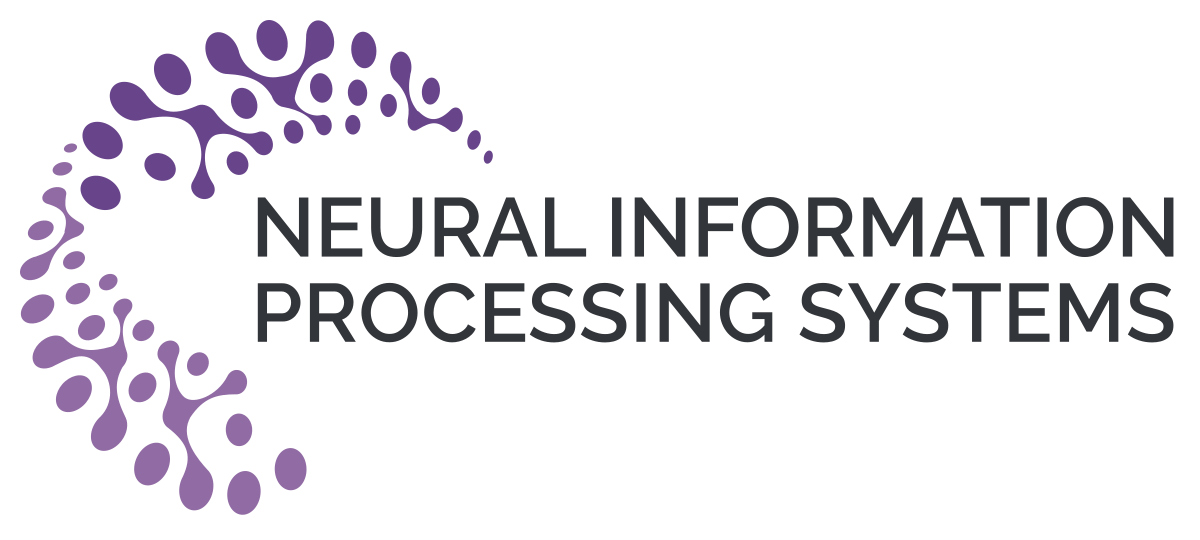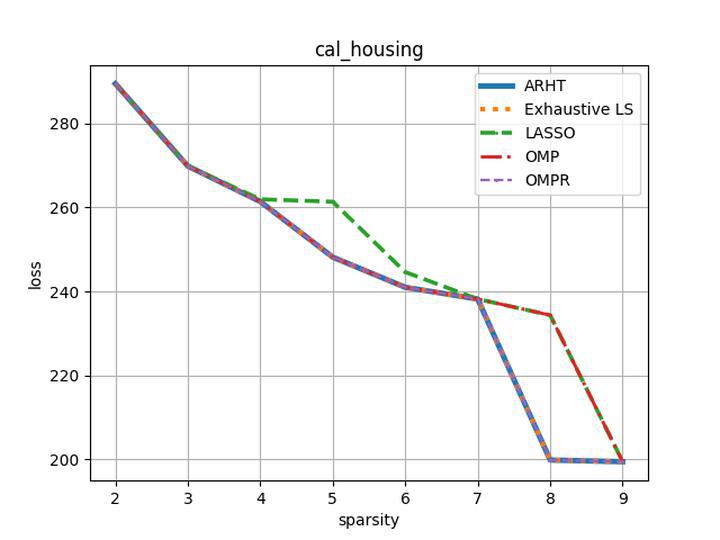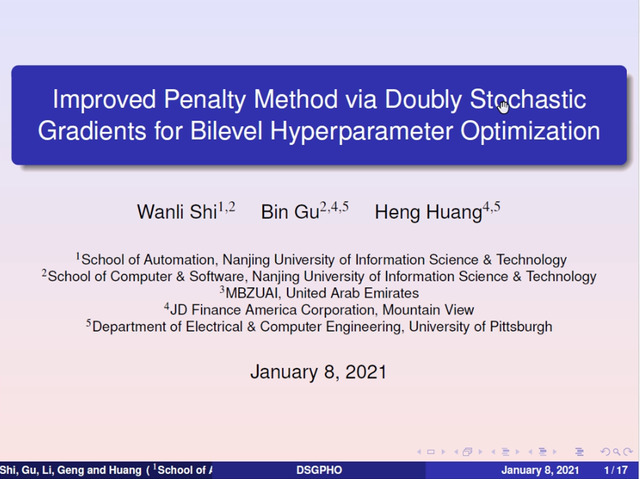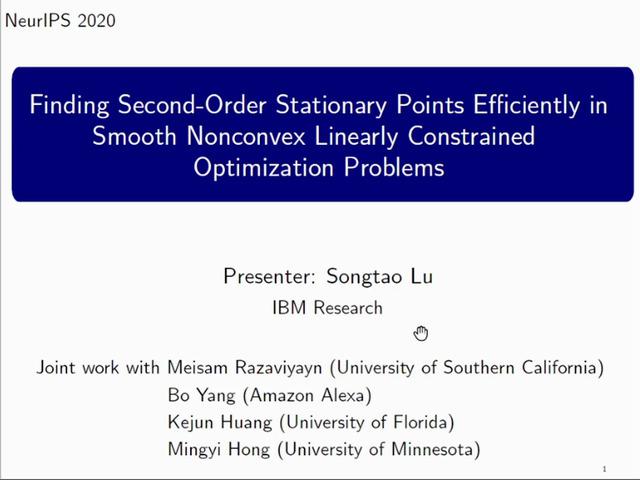Abstract:
We consider nonconvex-concave minimax optimization problems of the form $\min_{\bf x}\max_{\bf y\in{\mathcal Y}} f({\bf x},{\bf y})$, where $f$ is strongly-concave in $\bf y$ but possibly nonconvex in $\bf x$ and ${\mathcal Y}$ is a convex and compact set. We focus on the stochastic setting, where we can only access an unbiased stochastic gradient estimate of $f$ at each iteration. This formulation includes many machine learning applications as special cases such as robust optimization and adversary training. We are interested in finding an ${\mathcal O}(\varepsilon)$-stationary point of the function $\Phi(\cdot)=\max_{\bf y\in{\mathcal Y}} f(\cdot, {\bf y})$. The most popular algorithm to solve this problem is stochastic gradient decent ascent, which requires $\mathcal O(\kappa^3\varepsilon^{-4})$ stochastic gradient evaluations, where $\kappa$ is the condition number. In this paper, we propose a novel method called Stochastic Recursive gradiEnt Descent Ascent (SREDA), which estimates gradients more efficiently using variance reduction. This method achieves the best known stochastic gradient complexity of ${\mathcal O}(\kappa^3\varepsilon^{-3})$, and its dependency on $\varepsilon$ is optimal for this problem.









































